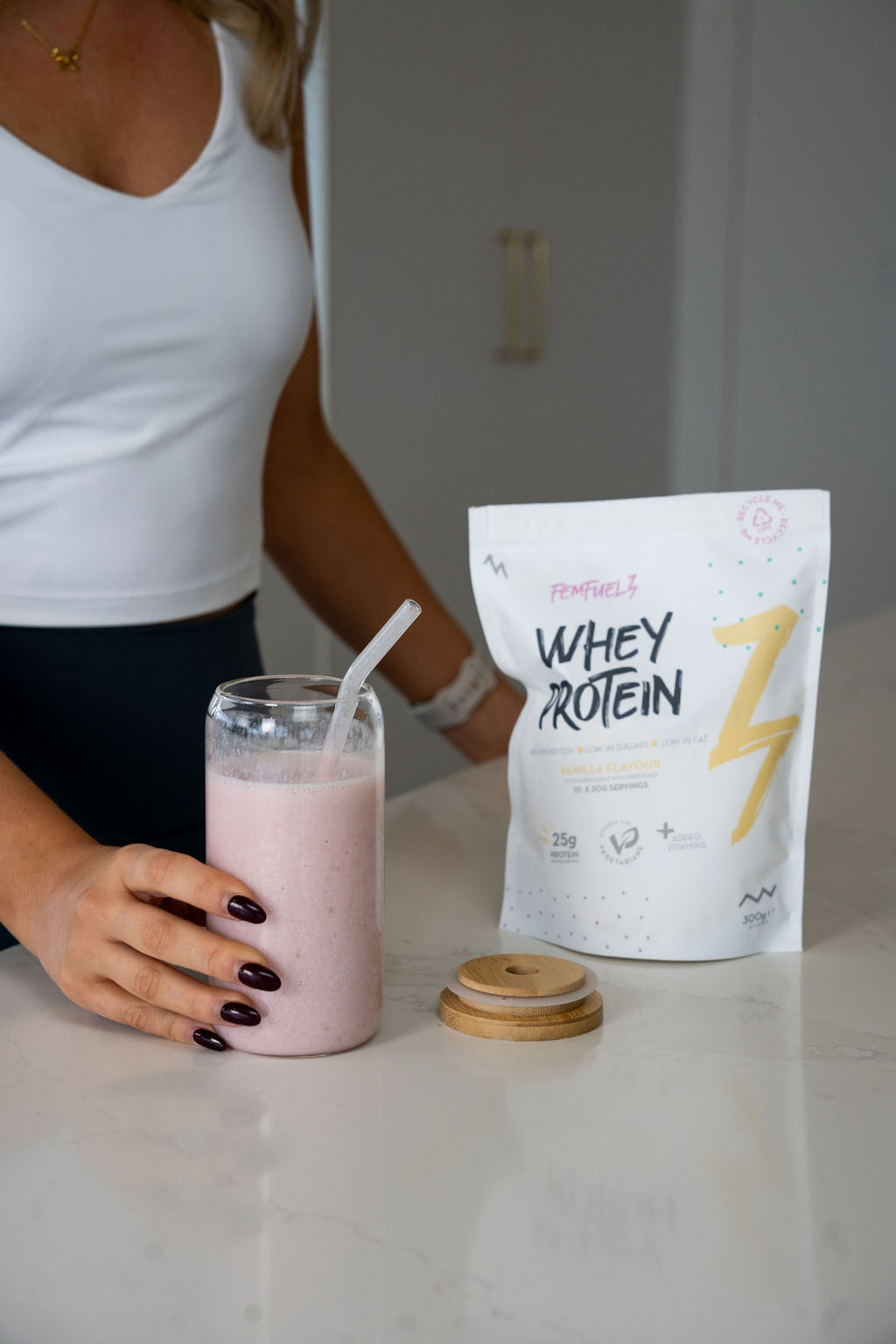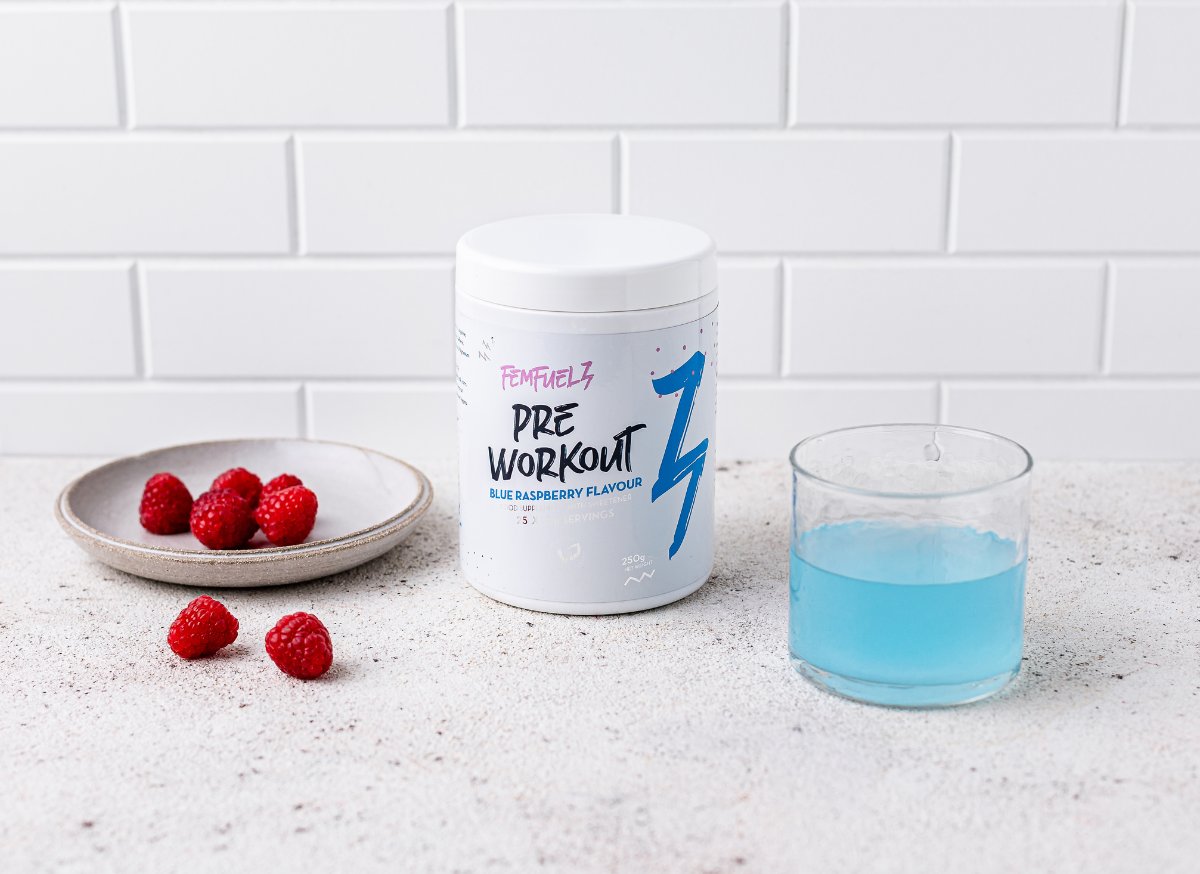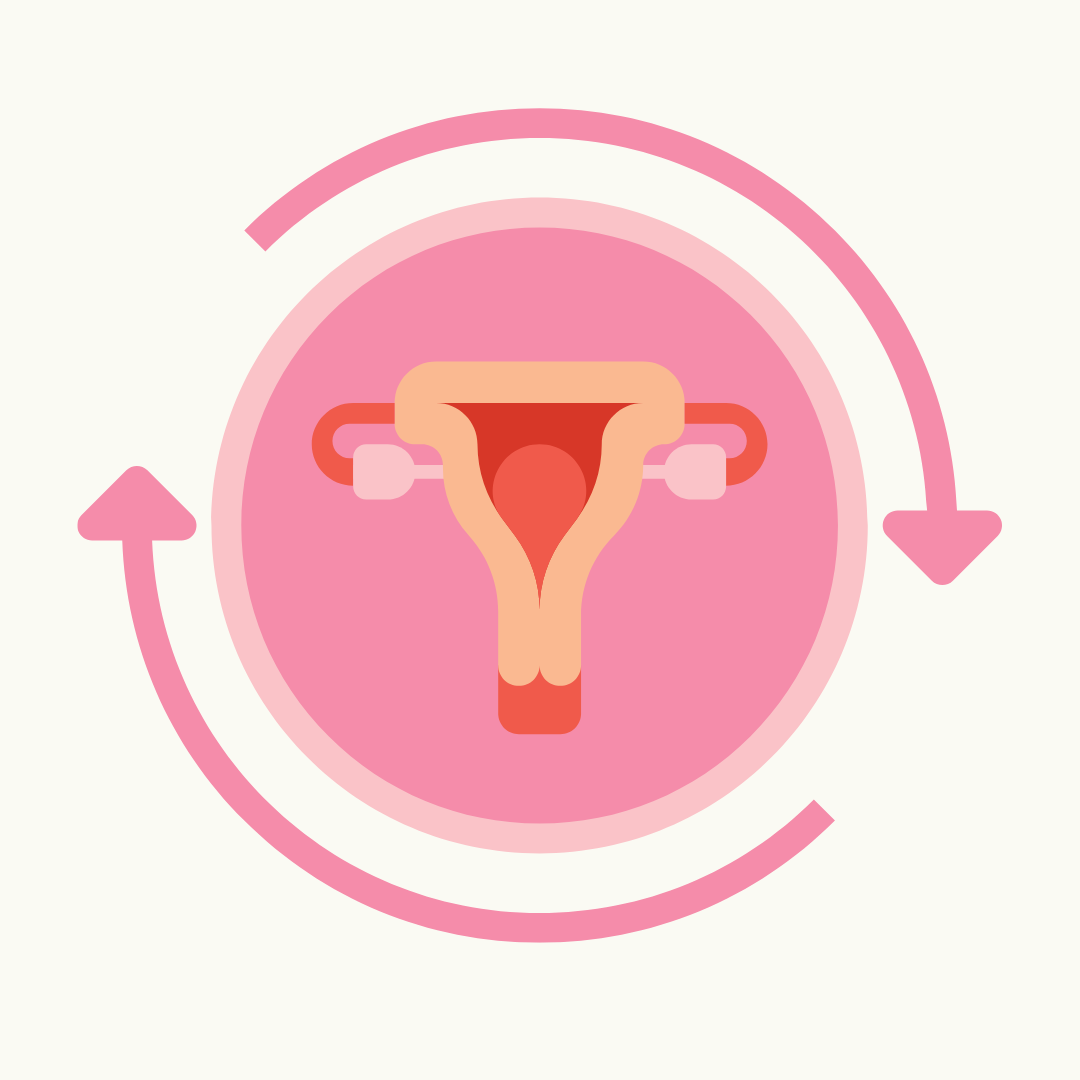Training according to the menstrual cycle, also known as "cycle syncing," has gained popularity as a way for females to optimize their workouts and overall well-being. While individual preferences and needs vary, here are some general guidelines that women can consider when tailoring their training to their menstrual cycle:
Menstrual Phase (Days 1-7):
- This phase is characterized by the start of menstruation.
- Focus on low-impact exercises, such as yoga, walking, or light stretching, to help alleviate cramps and fatigue.
- Listen to your body and prioritize rest if needed.
Follicular Phase (Days 8-14):
- Hormones like estrogen start to rise during this phase, leading to increased energy and stamina.
- Engage in more intense workouts, such as strength training and high-intensity interval training (HIIT).
- Take advantage of the energy boost to challenge yourself and work on building strength and endurance.
Ovulatory Phase (Days 14-16):
- Estrogen levels peak during ovulation, which can enhance muscle performance.
- Focus on strength training, power exercises, and activities that require coordination.
- High-intensity workouts can be effective during this phase.
Luteal Phase (Days 17-28):
- Progesterone rises during this phase, potentially leading to reduced energy and mood fluctuations.
- Incorporate moderate-intensity exercises, such as brisk walking, cycling, or Pilates.
- Pay attention to your body's signals and adjust your workouts if needed.
Premenstrual Phase (Days 25-28):
- This phase is characterized by premenstrual symptoms like bloating, mood swings, and fatigue.
- Opt for gentle exercises like yoga, stretching, or light aerobic activities.
- Focus on stress reduction and self-care, as workouts may need to be more relaxed.
It's important to note that everyone's menstrual cycle is unique, and these guidelines are just a starting point. Individual responses to exercise and hormonal fluctuations vary, so it's crucial to listen to your body and adjust your training plan accordingly. Keeping a journal to track how you feel during different phases of your cycle can help you better understand your body's patterns and preferences.
Consulting with a healthcare professional or a certified fitness trainer who is knowledgeable about women's health can provide personalized guidance tailored to your specific needs and goals. Remember that consistency, variety, and a balanced approach to exercise are key factors in achieving overall health and fitness, regardless of your menstrual cycle phase.








